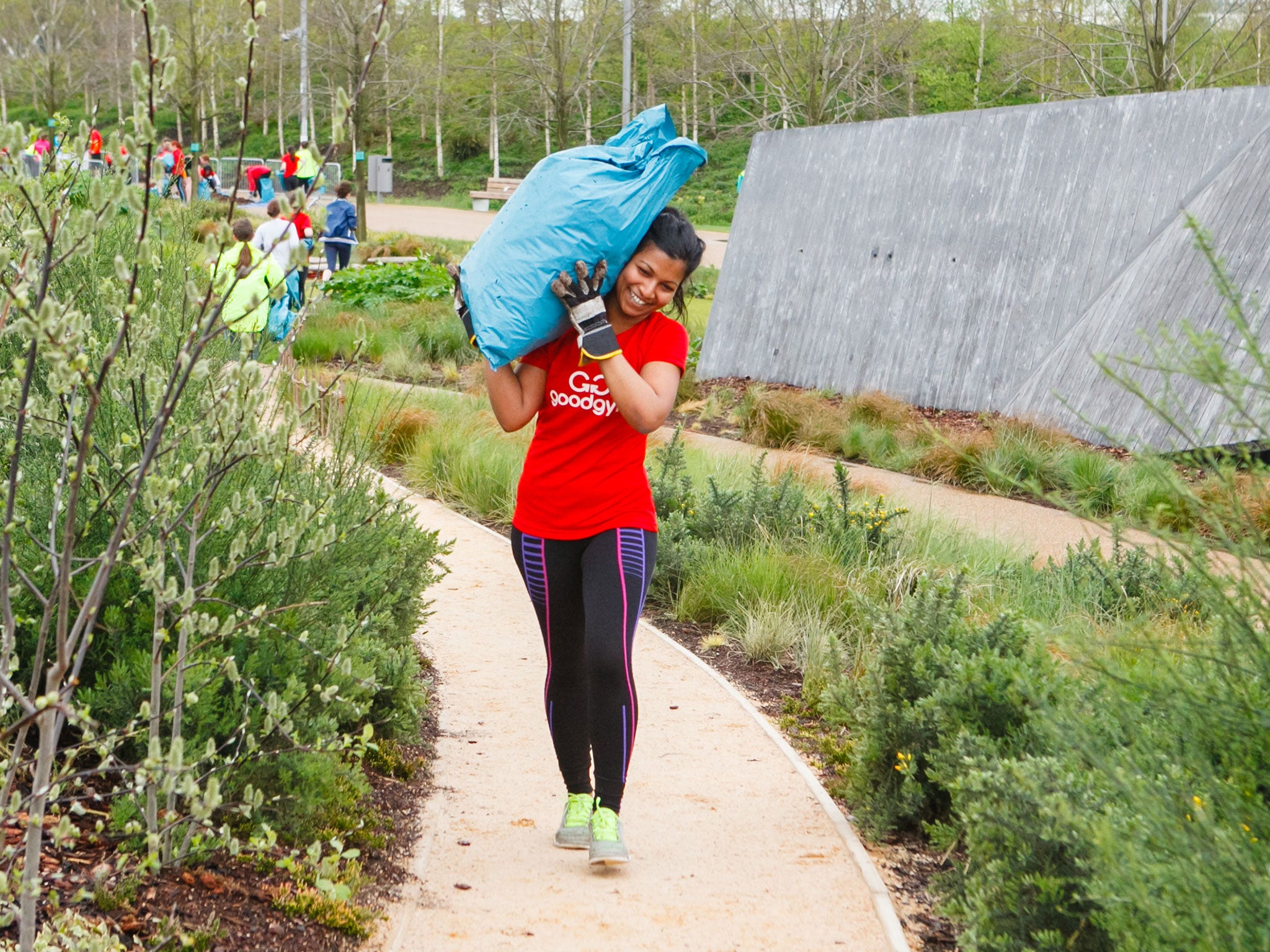How to heal a country divided by Brexit
We have to step out of our echo chambers and listen, even if we don’t like what we hear

“London spoke a lot but didn’t listen,” said Andrew Marr on his Sunday show. Those words have stuck with me with all week. He meant that Londoners, who voted heavily for Remain– me among them –allowed ourselves to believe it would be no contest and ignored the voices of discontent coming from across the home nations.
More fool us. Now we’ve had a while to reflect, how many people did any of us in the UK really engage with outside the echo chambers of our own social networks, be they camp Remain or Leave? Not enough, I’d wager. Instead, it was easier to dismiss those who didn’t share our views, in Remain’s case, with protests of ignorance, racism and little Englandism, without spending enough time considering the chasms in our own communities.

For me, that community happens to be Islington in North London, my home for the last six years. It’s also where the Leave camp’s head boy Boris Johnson lives, as well as Jeremy Corbyn (currently MP for Islington North).
Away from the swanky Victorian and Georgian terraces, boutiques, restaurants and cocktail bars, Islington is one of the most unequal areas in England. 42 per cent of residents live in social housing with an average household income of £15,000 – compared to 31 per cent home owners who bring in £78,000. The borough is packed with multimillion pound townhouses, alongside estates whose population are at the bottom of the food chain. Cripplegate Foundation, an independent charity that works to tackle social divisions in Islington, has collated the frankly shocking statistics. According to the LA State of Equalities report 2015, Islington has the second highest rate of child poverty in England, is the fourteenth most deprived borough in the country and a third of over 60s receive means-tested pension credit. According to the most recent data available, it also has the highest number of serious mental health issues in the country.
In the same week of the referendum, I read about a case of the 79-year-old who lives ten minutes up the road from me. She survived for six days in her flat after a fall, with only water from her freezer box to keep her alive. She had no family, had slipped through social services’ net and had little bedding and only one change of clothes. No one in her position would ever vote to keep things as they are.
I’m ashamed to say, I do not know the majority of my neighbours, either those in the basement flats like mine, the big townhouses, or the social housing. The referendum result has given me a kick up the arse – as it should for people living from Cornwall to the Cairngorms.
There is no short-term, quick-fix solution to inequality. Supporting existing organisations is one way, like GoodGym, a charity that combines regular exercise with helping communities, including a scheme that pairs up runners with older people in the community who may be lonely or isolated. It operates in London, Bath and Bristol with plans to extend into other counties soon. It’s easy to dismiss this sort of stuff – and I’m aware cynics may view this article as such – as knee-jerk do-gooding or a patronising “othering” of our neighbours. But I think the key thing here is that any engagement is two-way.
“GoodGym positions older people as coaches,” says founder Ivo Gormley. “As runners we get a reason to exercise and to learn from someone who's lived where we live usually for many decades more than we have, and we get a sense of connection. Our coaches get that too, I think that sense of making a contribution is invaluable from both sides.” Likewise, if more of us had swapped views and listened to the 16-24 year olds who live around us, maybe more than the 39 per cent estimated by YouGov might have gone to the polls.
There needs to be a mind-shift for the long haul. We have to step out our front doors, out of our echo chambers and keep our ears open and contribute. Even if we don’t like what we hear.
Join our commenting forum
Join thought-provoking conversations, follow other Independent readers and see their replies
Comments
Bookmark popover
Removed from bookmarks